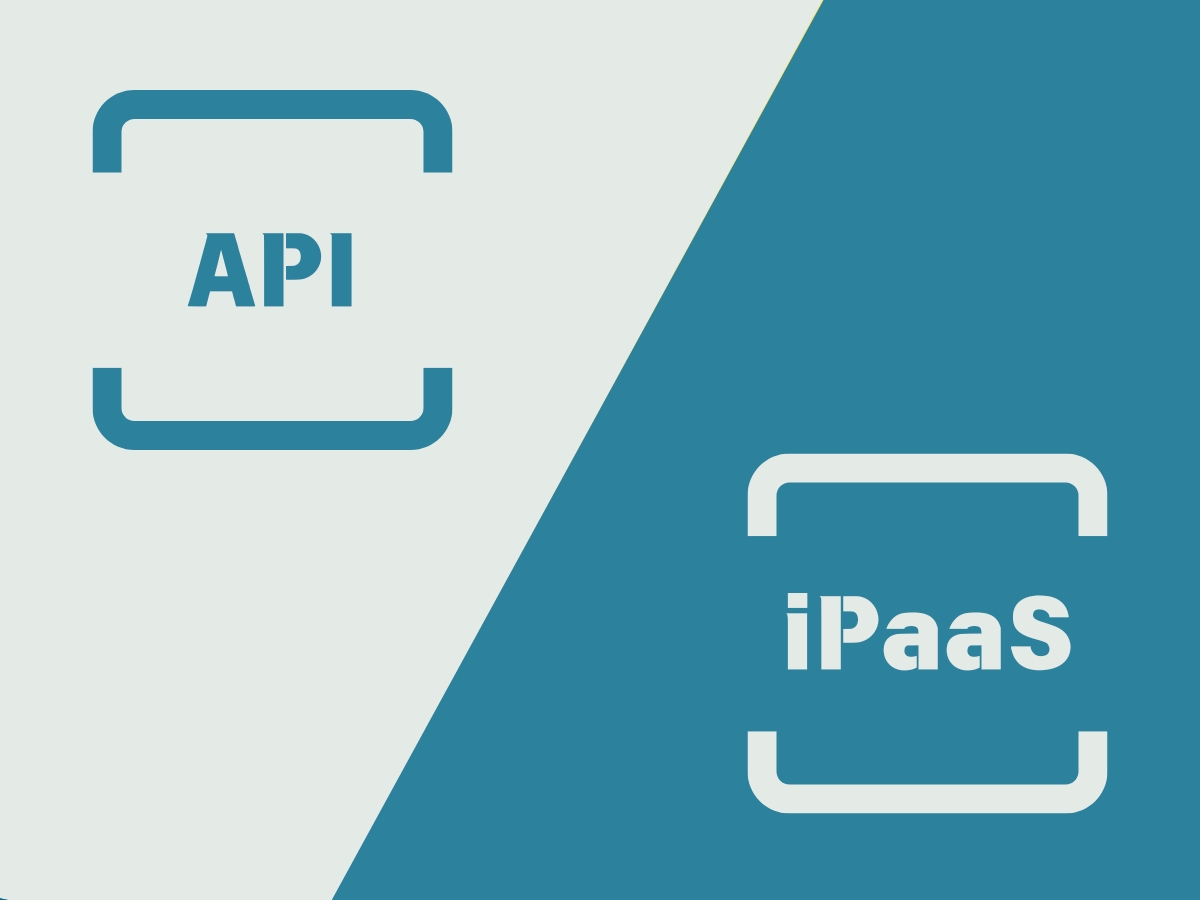Last Modified: June 24th, 2024
4 min read

System Integration in Modern Business Environments
System integration is critical for operational efficiency and competitive advantage. It ensures disparate systems and applications within an organization can communicate seamlessly, enabling data flow and process automation. Businesses use strategies like API integrations (Application Programming Interfaces) and iPaaS (Integration Platform as a Service) to achieve these goals, each addressing different needs of modern enterprise systems. Choosing the right approach is crucial for optimizing processes and achieving strategic objectives.
An effective integration strategy enhances efficiency, improves data accuracy, and enables real-time decision-making. API integrations offer specific control and flexibility, ideal for companies with custom needs. Conversely, iPaaS solutions provide a broader, scalable approach, perfect for integrating multiple applications swiftly with minimal coding. Choosing the wrong strategy can lead to increased costs, longer implementation times, and poor performance, highlighting the importance of aligning the approach with the company’s specific requirements and growth plans.
What is an integration through API or Direct/ Point-to-Point integration?
An API provides a set of protocols, tools, and definitions for building software applications. It enables developers to create rules that allow two or more systems to communicate with each other. An API integration typically involves the development of custom code to establish data exchange between two or more systems. This approach is ideal for businesses that require precise control over the integration process.
API integrations are highly customizable and can be tailored to fit unique business needs, making them suitable for complex and specialized processes. For example, an e-commerce company may use APIs to integrate its website with a shipping service provider’s system to automatically track shipping information without manual input. This level of control and customization allows businesses to design integrations that best fit their specific needs, improving efficiency and delivering a personalized user experience.
What is an iPaaS (integration Platform-as-a-Service)?
iPaaS (Integration Platform as a Service) is a cloud-based integration solution that enables organizations to connect multiple applications without the need for extensive coding or infrastructure setup. It offers a more comprehensive, out-of-the-box approach to integration, making it ideal for companies looking to integrate multiple systems quickly and easily.
iPaaS solutions provide pre-built connectors and templates for popular business applications, allowing users to create integrations through drag-and-drop interfaces without the need for coding knowledge. This approach is ideal for businesses that prioritize speed and efficiency over granular control.
API vs. iPaaS: Choosing the Right Integration Approach
When deciding between API and iPaaS, there are several factors to consider, including the complexity of integration needs, level of control required, and overall business goals.
Complexity
API integrations offer more granular control, making them suitable for complex integrations involving custom logic or unique data formats. Whereas iPaaS solutions provide pre-built connectors and templates, simplifying integration processes for multiple applications.
Control
Businesses with specific requirements may prefer API integrations as they allow for more fine-tuned control over the integration process. Conversely, iPaaS solutions offer a more standardized approach, limiting customization but providing faster implementation times.
Scalability
iPaaS is designed to handle large-scale integrations and support rapid business growth without extensive coding or infrastructure changes. API integrations may require more maintenance and updates as businesses expand their systems and need to incorporate new processes or data sources.
The right integration approach depends on a company’s unique needs and priorities. For maximum efficiency, some businesses may even use both API and iPaaS depending on the integration scenario.
Practical Considerations
Hybrid Approach
Some companies may need both API and iPaaS for different integration scenarios. A hybrid approach can offer the best of both worlds. For example, a business may use APIs to integrate its core systems while using iPaaS for connecting cloud-based applications or partner systems.
Maintenance and Support
Businesses should also consider the ongoing maintenance and support requirements of their chosen integration approach. API integrations may require frequent updates and troubleshooting, which can be costly and time-consuming. In contrast, iPaaS providers handle most maintenance tasks, freeing up resources for other business needs.
Security
Security is crucial when integrating systems, and businesses must ensure their chosen approach meets security standards and compliance requirements. API integrations may require more in-depth security measures due to the custom coding involved, while iPaaS solutions offer built-in security features.
Cost
The API integrations may have lower initial costs but may require more maintenance over time, while iPaaS solutions often have a subscription-based pricing model with ongoing support included. Companies must consider their budget and long-term costs when choosing an integration approach.
We recommend combining both approaches for a more comprehensive integration strategy
Integrating these technologies enriches an organization’s digital ecosystem by adopting a more holistic approach to integration and API strategy. iPaaS allows seamless system integration by streamlining data flow and automating business processes, providing a centralized platform for managing integrations. API integration complements iPaaS by offering a secure gateway for these services, making integration via API easy to access and reuse. Together, they create a powerful framework for seamless integration, enhanced security, and improved efficiency.
Conclusion
Effective and efficient system integration is key to staying competitive. After evaluating the different integration approaches, it becomes clear that leveraging both API management and iPaaS solutions can provide the most comprehensive and scalable integration strategy.
Excelym not only excels in managing your API integration needs but also offers its own proprietary iPaaS solution called Excelym.IO. This powerful platform combines the meticulous control and customization of API integrations with the ease and speed of iPaaS, providing businesses with the best of both worlds. With Excelym.IO, you gain access to a suite of pre-built connectors and templates that simplify complex integrations, ensuring rapid deployment and seamless connectivity across your systems. Our expertise in API management and innovative iPaaS solution ensures that your business remains agile, efficient, and ahead of the curve.
Serge is a Managing Partner and the head of sales and business development.
Published on: June 11, 2024
